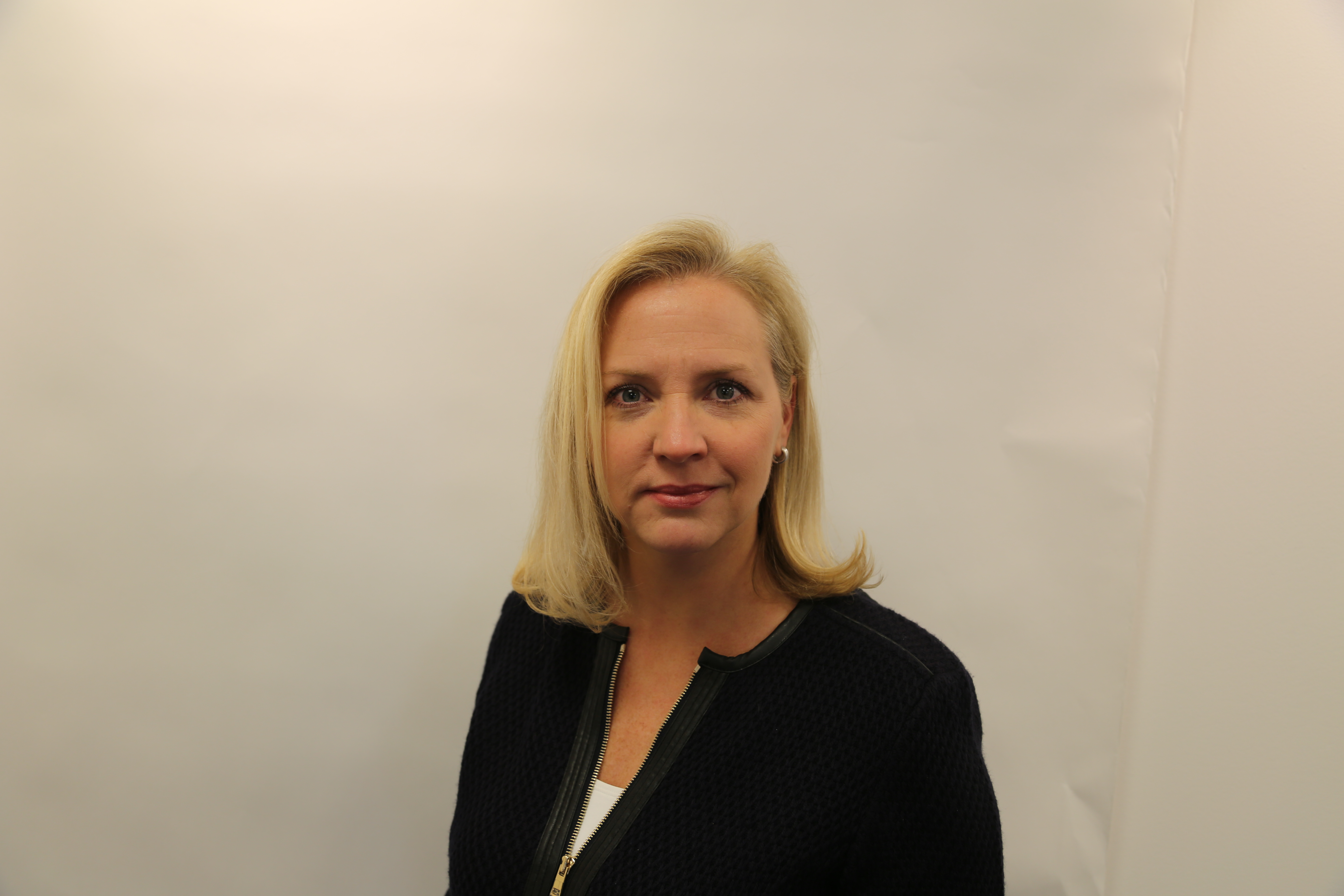Sherry Orel | Source | Founder & CEO at Next Level Catapult

Sherry Orel
Sherry Orel – Visionary Business Strategist, M&A Expert, and Leadership Mentor
Sherry Orel is a transformative business strategist, dealmaker, and leadership mentor who helps business owners achieve extraordinary growth, value creation, and high-impact exits. As the Founder and CEO of Next Level Catapult, she coaches executives and entrepreneurs on how to optimize operations, scale intelligently, and position their companies for high-value transactions. She is known for her no-nonsense, action-oriented approach, pushing leaders to think bigger, execute smarter, and build businesses that stand the test of time.
With over 30 years of executive experience, Sherry has led businesses generating over $1.5 billion in revenue and facilitated more than $1 billion in acquisitions and equity deals. She has worked with industry giants like Procter & Gamble, Unilever, Nestlé, Walmart, and Target, driving long-term strategic growth and positioning businesses for optimal valuation.
In addition to leading Next Level Catapult, Sherry is a Managing Director at STS Capital Partners, where she helps business owners navigate complex exit strategies and maximize their financial outcomes. Her expertise in M&A, risk mitigation, and valuation strategy makes her a trusted advisor to entrepreneurs, private equity firms, and high-net-worth investors.
But beyond the titles and transactions, Sherry is a force of nature—an individual who sets the bar high, demands excellence, and brings a rare combination of intellect, intuition, and pragmatism to every endeavor. She is known for her direct yet deeply insightful coaching style, helping leaders cut through the noise and take decisive action that leads to tangible success.
Sherry’s commitment to leadership extends beyond the boardroom. She is an active member of Young Presidents’ Organization (YPO), serving on the board of the Women’s Business Network and previously holding leadership roles in regional chapters. She has also served on the Board of Directors for the Childhood Domestic Violence Organization, demonstrating her passion for creating meaningful impact beyond business.
A lifelong learner and multidimensional thinker, Sherry attended Purdue University and Roosevelt University and has pursued her passion for precision and excellence in culinary arts at CHIC Le Cordon Bleu. Her love of food mirrors her approach to business—meticulous, strategic, and always focused on the perfect execution.
A dynamic and engaging speaker, Sherry delivers sharp insights, real-world strategies, and thought-provoking perspectives that challenge audiences to think differently, act decisively, and build businesses that don’t just grow—but thrive, scale, and sell for maximum value. Whether discussing scaling for exit, strategic deal-making, or leadership transformation, Sherry brings a unique blend of hard data, real-world experience, and no-BS wisdom to the stage.
Her philosophy is simple: Success isn’t just about growth—it’s about strategic, intentional growth that leads to extraordinary outcomes.
-
Next Level Catapult
Founder & CEO
started Mar 2021
-
Time (Off) To Give Back - Next Level Catapult
We know that getting feedback from your organization, from the bottom to the top, is the best way to discover what motivates your team. That feedback helps drive your cultural evolution. One insight I gathered a few years ago helped shed some light on what motivates Millennials, in particular. The need for contribution. In fact, a recent study by Monitoring the Future revealed that nearly 70% of Millennials listed a “contribution to society” as being very or extremely important to them.
Article -
A New Kind of Holiday - Next Level Catapult
A few years ago, after I acquired two companies, we needed to make some decisions about which policies from each company we would embrace, in order to create the blended culture that would drive future growth. The existing cultures within our three companies were about as different as they come. One had a very structured culture, with firm business hours (8 am–6 pm) and perks directly tied to performance. Another had no standardized office hours, which meant that staff could come in whenever they wanted, but often burned the midnight oil to complete projects. The third was somewhere in the middle, with published 9-5 hours, but ample flexibility at the individual level and perks like year-end bonuses and the week off between Christmas and New Year’s. The only way to make everyone happy would have been to cherry pick all the best policies offered at each company and standardize that...
Article -
A New Kind of Holiday - Next Level Catapult
A few years ago, after I acquired two companies, we needed to make some decisions about which policies from each company we would embrace, in order to create the blended culture that would drive future growth. The existing cultures within our three companies were about as different as they come. One had a very structured culture, with firm business hours (8 am–6 pm) and perks directly tied to performance. Another had no standardized office hours, which meant that staff could come in whenever they wanted, but often burned the midnight oil to complete projects. The third was somewhere in the middle, with published 9-5 hours, but ample flexibility at the individual level and perks like year-end bonuses and the week off between Christmas and New Year’s. The only way to make everyone happy would have been to cherry pick all the best policies offered at each company and standardize that...
Article
-
How hard can it be?
-
Words Matter!
-
Just because we CAN doesn't mean we should.





